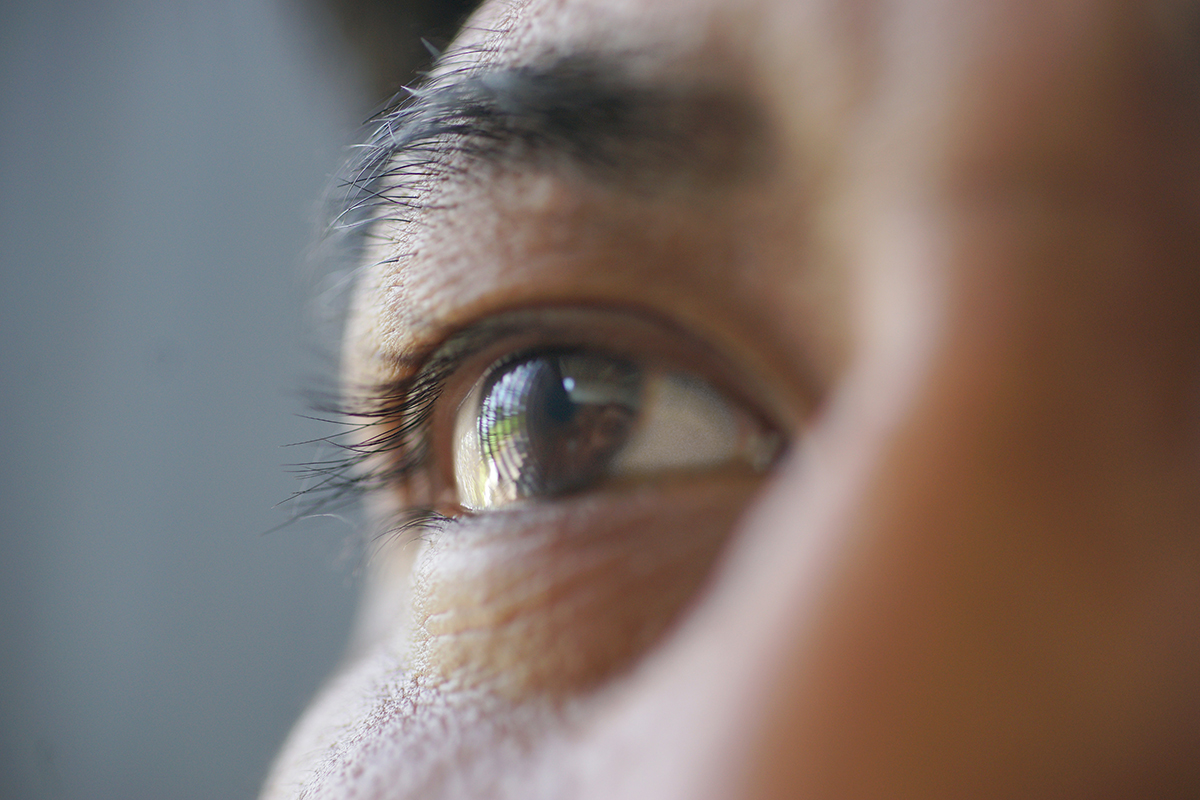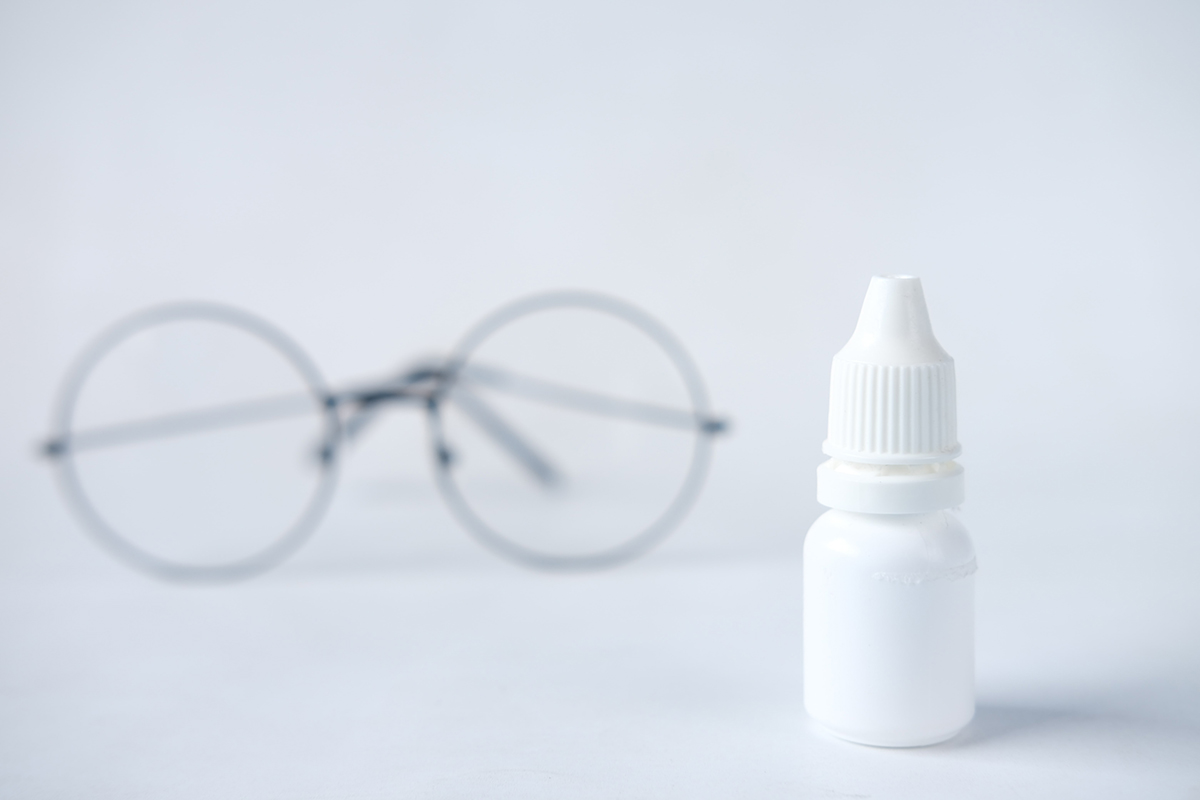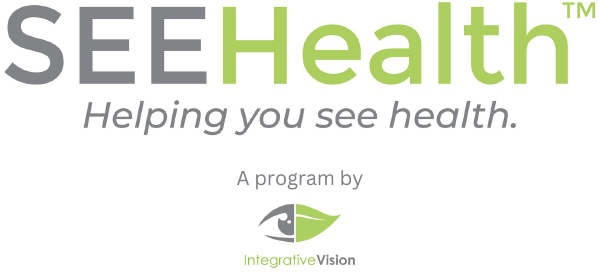When eye diseases exist that can take your sight without warning — you want an optometrist you can trust to prevent or manage it. Here at Integrative Vision in Shrewsbury, NJ, Dr. Gioia provides cutting-edge expertise to protect your vision from common threats like glaucoma.
Glaucoma affects your optic nerve but doesn’t show obvious signs or symptoms. Think of your optic nerve as the only electrical cord to your brain that enables you to see. You can’t “fix or replace” the cord, ever.
You need (and want) a trusted eye doctor near you to help you protect your precious sight. We’re giving you educational information on what glaucoma does, risk factors, the reality of no symptoms, and treatments.
What Happens To Your Optic Nerve With Glaucoma & Risk Factors
Your priceless electrical cord, the optic nerve, needs to maintain a certain intraocular pressure (IOP) to function properly. Similar to your blood pressure, your IOP has a range that’s considered healthy.

Eye pressure is measured in millimeters of mercury (mm Hg). Most optometrists consider anywhere from 12 mm Hg to 22 mm Hg as a healthy range. But outliers exist, so it’s best to talk to your eye doctor about your specific eye pressure.
A delicate drainage system inside our eyes controls our pressure. When your IOP remains too high for too long, your optic nerve undergoes irreversible damage.
Injury to your optic nerve causes loss of peripheral vision (side).

You don’t notice your side vision as much as your central vision, so glaucoma can go undiagnosed — without routine eye exams. We’ve all been there: putting it off or telling ourselves we don’t need a checkup this year. You know all too well that infamous puff of air commonly used to measure eye pressure. With advances in technology, there are many various ways to measure your IOP. (So no more excuses!).
The easiest way to save your sight from this silent eye disease? Keep your yearly eye appointments and be aware of the common risk factors (which should prompt your visit even more).
Glaucoma Risk Factors
- Over Age 60
- Black, Asian, or Hispanic Ethnicity
- Having High or Borderline IOP
- Family History of Glaucoma
- Certain medical conditions like diabetes, sickle cell anemia, and high blood pressure
- Eye Injury

Any information on your eye and family history helps our optometrist understand more about your overall health as well as your eyes. We know genetics play a role in eye diseases — and specifically glaucoma.
Remember, there are no real symptoms of glaucoma!
Since you won’t notice specific symptoms, it’s important to understand the damage glaucoma can do if you skip annual eye exams. A lot of people don’t notice when their blood pressure is high; it’s the doctor, right? The same goes for your eye pressure.
Luckily, we have lots of treatments for glaucoma. Let’s take a look at how to manage this condition if it does creep up on you.
Types of Glaucoma Treatment & Importance of Preventative Care
Since so many risk factors for glaucoma exist, it’s comforting to know treatments are easily available. It’s important to start treatment as soon as you have a diagnosis to prevent further vision loss or damage to your optic nerve.
The three main treatments include:
Eye Drops
The least invasive option and a very common first approach for treatment. Different types of glaucoma affect different parts of the drainage system, so the medicated eye drop will depend on the type you have. You want a caring optometrist when it comes to your eye care needs, and at Integrative Vision, Dr. Gioia is just that!
Laser
Since your eye works like a drainage system, sometimes laser treatments are necessary to “open the drain,” if you will. This allows the flow of fluid to drain out of your eye more easily, as fluid build-up causes high IOP.
Surgery
Glaucoma surgery may be recommended if the other two treatments aren’t effective. Our optometrist will get you in the right hands if needed.

Each treatment aims to keep your IOP at a healthy level and prevent vision loss. Since you only have one optic nerve, you want it to stay in good shape! You can’t check your eye pressure at home, so make sure to see an eye doctor routinely to protect your sight.
Your yearly appointments include much more than a new pair of glasses — it’s about preserving your vision. (you only get one set of eyes!)
Since glaucoma progresses without your knowledge or obvious symptoms, your yearly eye exams give the doctor a chance to look at the health of your optic nerve and measure your eye pressure.
At Integrative Vision, we pride ourselves on educating our patients about preventive eye care through nutrition as well. Dr. Gioia has created a program called SEEHealth (™) to educate you on various aspects of nutrition that play a role in your eye health.
We’re here to make a difference through exceptional eye exams and keeping you healthy. Dr. Gioia has also launched the Theia Award-winning EyeExamPlus (™) which can be added to the end of a routine eye examination for a review of your current supplements.
Integrative Vision of Shrewsbury Can Help Prevent Or Safely Manage Glaucoma
You should be comfortable and confident at your yearly eye doctor’s appointments. You don’t have to dread them! Choosing your eye doctor’s an important decision, and you should go to someone you trust.
Dr. Gioia’s compassion goes beyond standard eye care. What’s important for you and your lifestyle matters to her. As a patient, you always have options and get all your questions answered.
Integrative Vision proudly serves the residents of Little Silver, Red Bank, Rumson, and Oceanport — so please know you have an eye doctor nearby who cares. Don’t wonder about glaucoma if you’re at risk, and don’t put off eyecare because you’re not happy with your current optometrist. Let us help protect your eyesight!



